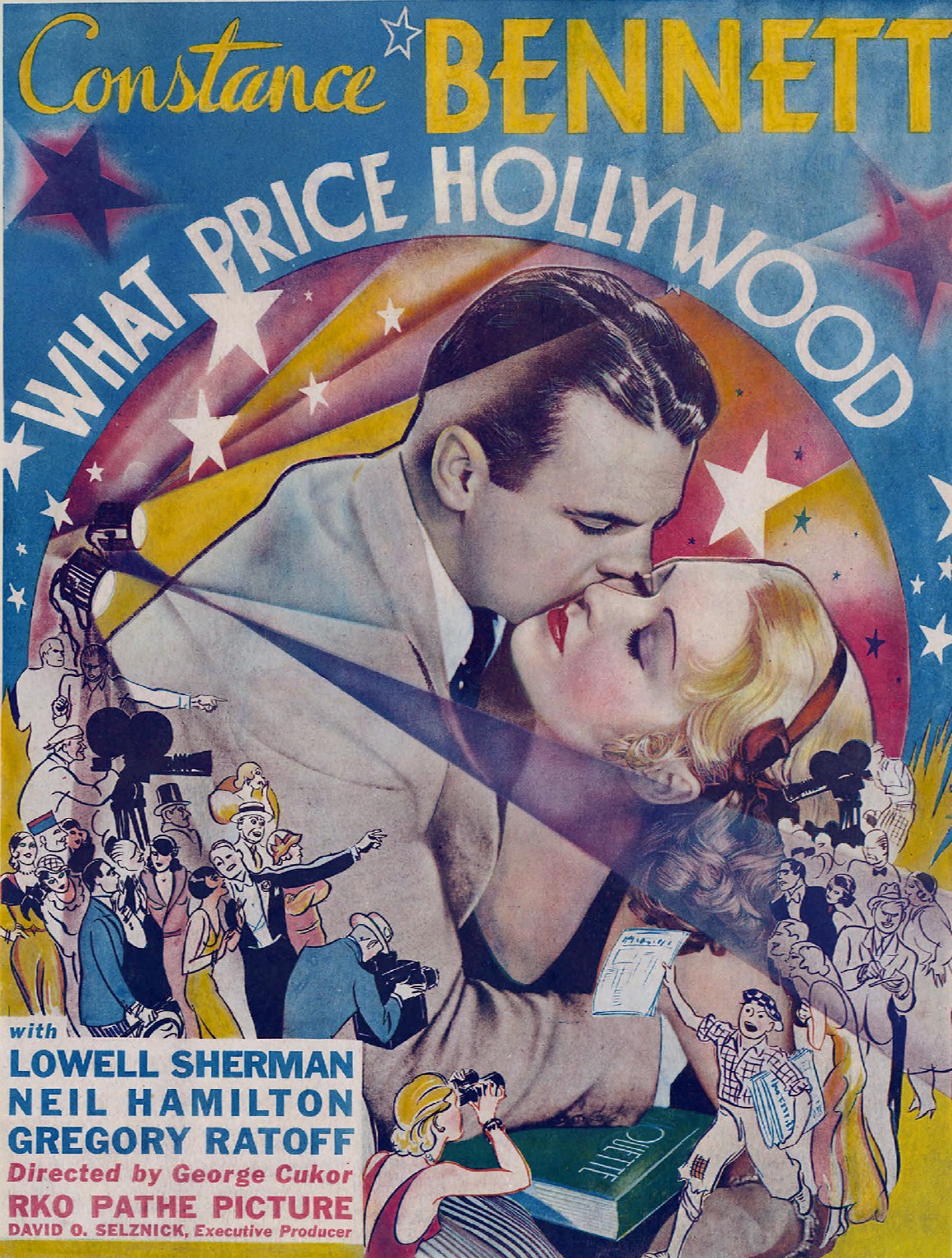Television has an unfortunate habit of killing film careers. A case in point is John Ritter. He had massive success on the television comedy series Three's Company, a showcase for his exceptional physical and verbal comic skills. His television success, however, would not translate to film. I don't know why Ritter could not cross that threshold. Apart from a highly praised turn in Sling Blade which to be fair I have not seen as of this writing, John Ritter's best-known film I imagine is Problem Child, hardly the stuff of American Film Institute tributes. Hero at Large, made during his Three's Company heyday, did not get him the film career boost that he perhaps had hoped it would. It is a nice film that covers familiar territory: not groundbreaking but not embarrassing to those involved.
Struggling actor Steve Nichols (Ritter) does not want to do any more commercials but wants more serious theatrical fare. Still, beggars can't be choosers, so he opts to do promotional work for the new Captain Avenger film by making in-character appearances at local New York City theaters. After one such promotional event, he stops by a grocery store to pick up some milk. There, he stops a robbery while still wearing his Captain Avenger costume, not having removed it after the promotional event.
News of a real-life Captain Avenger saving the old couple who ran the grocery store secretly thrills Steve. Is it enough to get the attention of his next-door neighbor, commercial film director Jolene Marsh (Anne Archer)? Well, in a roundabout way, yes. Despite her relationship with her fiancée Milo (Rick Podell), she finds herself drawn to this goofy, guileless figure, enough to let Steve stay when he is locked out of his apartment and later to end her engagement.
Also drawn to Captain Avenger is political consultant Walter Reeves (Burt Convey), who thinks that Captain Avenger is just the man to help pull Mayor John Woodson (Leonard Harris) out of the dropping polls and back to the Mayor's Office. Despite the misgivings of Woodson's aide Calvin Donnelly (Kevin McCarthy), Reeves tracks down Steve and presents him with an offer. In exchange for staged events and an endorsement, Reeves can help Steve get theater work through Reeves' connections. Will Steve agree to this Faustian deal? Will he literally be unmasked? Will Steve Nichols rise to be the hero the city needs?
I thought, after finishing the film, that Hero at Large is like Meet John Joe in tights. You have an average man, basically plucked from obscurity, to play a role that will inspire millions but is really just a front for crooked politicians but who will ultimately end up doing the right thing. I found A.J. Carothers' screenplay hokey but harmless, one that clearly wanted to send a message about the importance of doing good while having some amusing moments.
Hero at Large is a film that has its heart in the right place, which is why the simple but cliched story worked for what it was. I think the film hammers home its message about a sincere man caught in political machinations a bit too hard. I also think that on some levels, Hero at Large is almost comical in how it presents things.
Take for example the conclusion. Nichols, unmasked and named as a fraud for participating in staged robberies, has decided he needs to go back home to at least put his stage career hopes on hold. On his way out of the city, he comes across a burning building, complete with a woman screaming, "Where's my baby Johnnie?". Far be it for me to look with raised eyebrows at things, but a child inside a burning building does not strike me as the most original of ideas.
Still, Hero at Large has a sort of innocent charm to it, like someone eager to please and doing what he can do please everyone. This is due in large part to John Ritter's performance. He has a guileless manner, almost a sweetness and innocence, to his Steve Nichols. Ritter does not make Steve look like a nutjob when he decides to take on the thief at the grocery store. He, rather, has to think about it, deciding that not only is it the right thing to do, but that his costume will give him anonymity. It is to where one wonders whether Steve is either naive or dumb in not seeing that he is being used, but one does not mind too much. Ritter played the part, I believe, correctly: as an actor who got into character too much but who also struggles with doing what is right and living by Captain Avenger's code of justice, loyalty and courage.
Some of his best scenes, however, are not as Captain Avenger. Rather, it is with Anne Archer's Jolene, who throughout the film is called "Jay" for reasons unknown. While not completely escaping comparisons to Jack Tripper, his Steven Nichols here is sweet and even a bit protective of her. Forever attempting to flirt and looking a bit silly doing so, Ritter does a strong job.
That is more than can be said for Archer, who came across as stiff and false throughout. It takes a lot to be out-acted by Burt Convey as the villainous Walter Reeves, but somehow, he out-acts Archer. In something so deliberately broad to campy as Hero at Large, I think Convey did well to try and play the part with a hint of metaphorical mustache twirling but not go full-on camp.
People may be surprised to find Kevin Bacon make a small appearance as "2nd Teenager" who mocks "Captain Avenger" at a theater promotional appearance. There's another way to connect Hero at Large with its spiritual ancestor Meet John Doe.
Meet John Doe's Barbara Stanwyck worked with Kirk Douglas in The Strange Love of Martha Ivers.
Kirk Douglas worked with Michael Douglas in It Runs in the Family.
Michael Douglas worked with Anne Archer in Fatal Attraction.
Anne Archer was in Hero at Large, which had Kevin Bacon in a small role.
I think director Martin Davidson was aiming for a slightly camp manner with Hero at Large. One indicator of that is in Patrick Williams' score, which I can best describe as comically rousing. It has a grand, almost thrilling theme but one where we can hear some lightness to it, suggesting that while it may center around the fictional superhero of Captain Avenger, it is still about mortals.
Hero at Large is harmless fun, light fare that tells a pretty familiar story in a simple way. It may be a bit hokey, but I found that it meant well. Like the lead character, Hero at Large just wants to do good, and I don't fault a film for hitting its intended goals.








.jpg)










